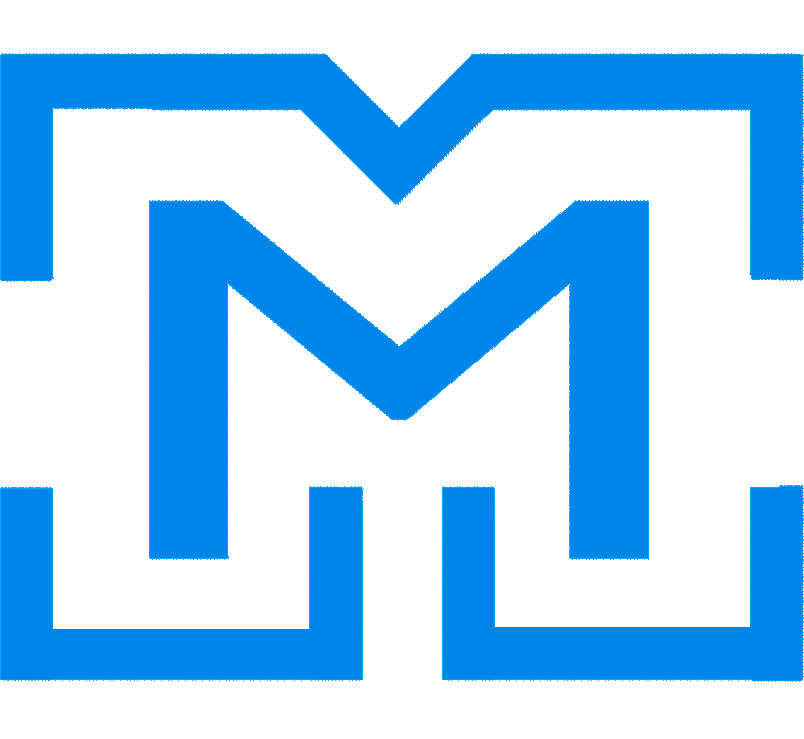
When I look back now, working with software development has been like a rollercoaster.
Everything started when I was only 13 years old, with a language called Clipper. Yes, I know. It’s been a while. I remember when my dad was installing this old computer in our modest living room. It was love at first sight, and it was a lot of fun.
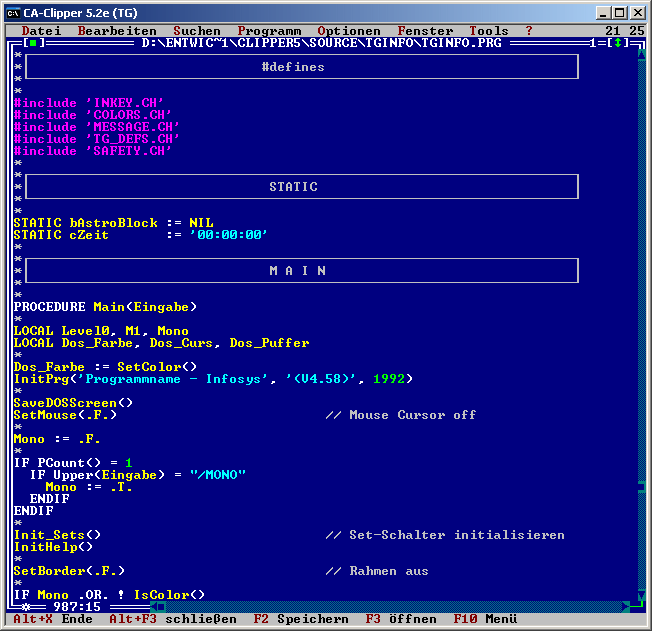
For the first time in my life the word “creativity” had an empirical meaning. I was creating things. Digital things, but still, things. Pieces of code doing exactly what I told them to do. That was fascinating.
After that I’ve been exploring this world a lot. Sudoku games with C++ or Visual Basic, complete systems with Oracle Forms 4, PL/SQL, SQL Server, Pascal/Delphi and, ultimately, becoming a Java and C# developer, trying as much as possible to become fluent on both languages.
We must constantly endeavor if we are to succeed, right? So I did. And, for years, that was my whole universe.
One day I had to integrate an old B2B Marketing application, built with Java (Struts 1.0) with a new platform. It was a CRM and it was on the clouds. Oh, the clouds, they’re so magical, aren’t they?
But this was my first contact with Salesforce Development. Let’s say I remember the clouds because I had to learn how to build an airplane while flying.
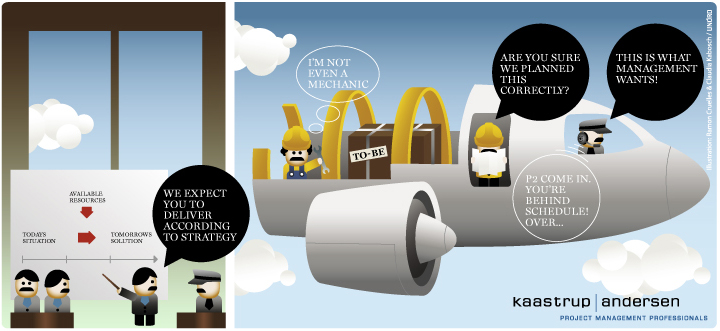
After changing pretty much the whole project and adjusting the requirements, I started to learn how to develop custom interfaces, objects, records, Visualforce Components, Visualforce pages, Apex Statements, classes and everything I needed to accomplish my tasks.
In order to do so, I needed help, of course. So I started exploring the Salesforce Stack Exchange, one of the most important and helpful communities of Salesforce Developers.
There I learned about Salesforce triggers, some of the platform limitations, some basic SOQL statements (something equivalent to SQL, remember), and even ways to change the solution by changing the approach within the Salesforce possibilities.
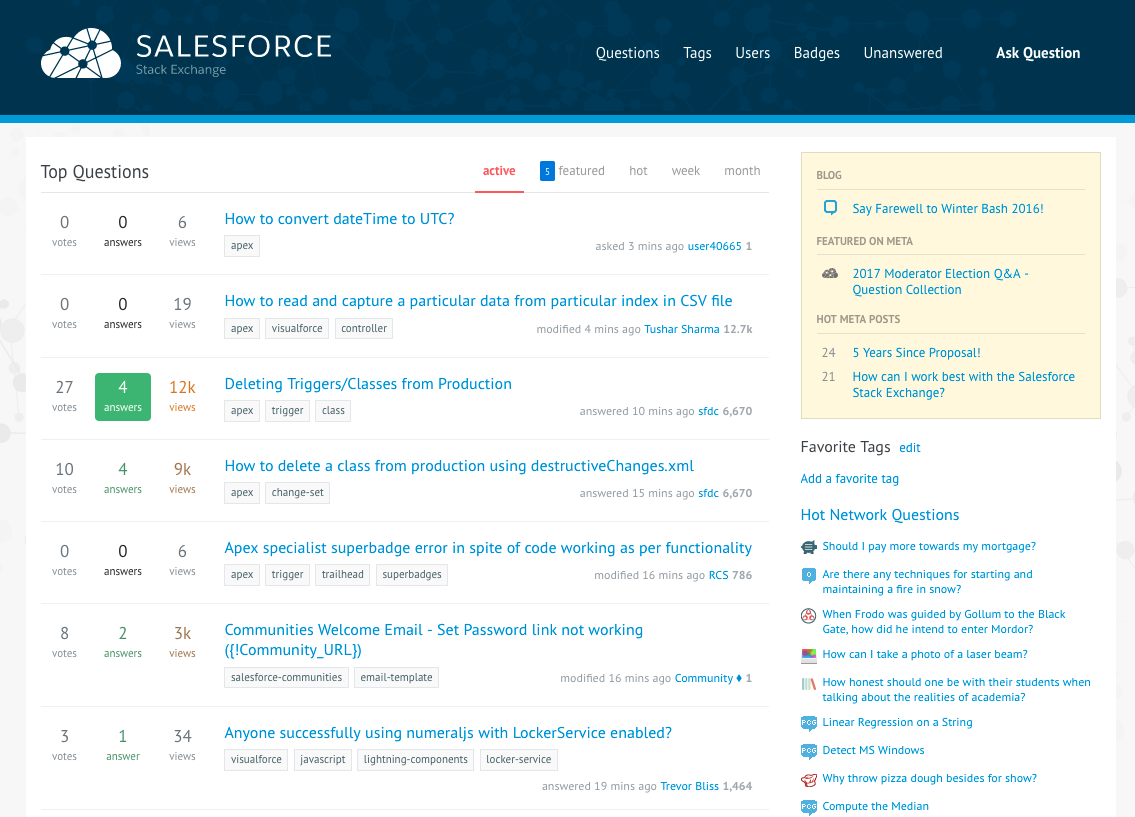
In 2014 I attended Dreamforce in San Francisco. It’s the must-attend tech conference of the year for anyone who’s in the Salesforce Ecosystem. And that was a milestone for me.
Welcome to the Dreamforce 2014. Matheus Goncalves are in the Developer Zone. Stay tuned for more information! pic.twitter.com/oMa4wllgML
— Stefanini US (@Stefanini_US) October 13, 2014
"Algorithm optimization and quality are top priorities of our Salesforce development team." – Matheus Goncalves. pic.twitter.com/5dADWMHWro
— Stefanini US (@Stefanini_US) October 13, 2014
Matheus Goncalves trying the Oculus Rift. The customizations made in the virtual car are pushed to Salesforce. #DF14 pic.twitter.com/RW5uaiCQwT
— Stefanini US (@Stefanini_US) October 15, 2014
Not only because of the free books I could get there (Force.com Fundamentals, Mobile SDK Developer Guide, Salesforce1 Mobile Mobile App Developer Guide and Heroku Programming), but also because I was in touch with the brightest minds and ideas of Salesforce universe and because it was the first time I heard about Trailhead.
If, for some reason, you don’t know what Salesforce Trailhead is, imagine a way to learn more and more about how to solve problems, how to use the best practices, how to become a better developer, by taking challenging and fulfilling tasks that you can accomplish in your pace, that makes you satisfied and happy because you actually feel you are fully developing your abilities.
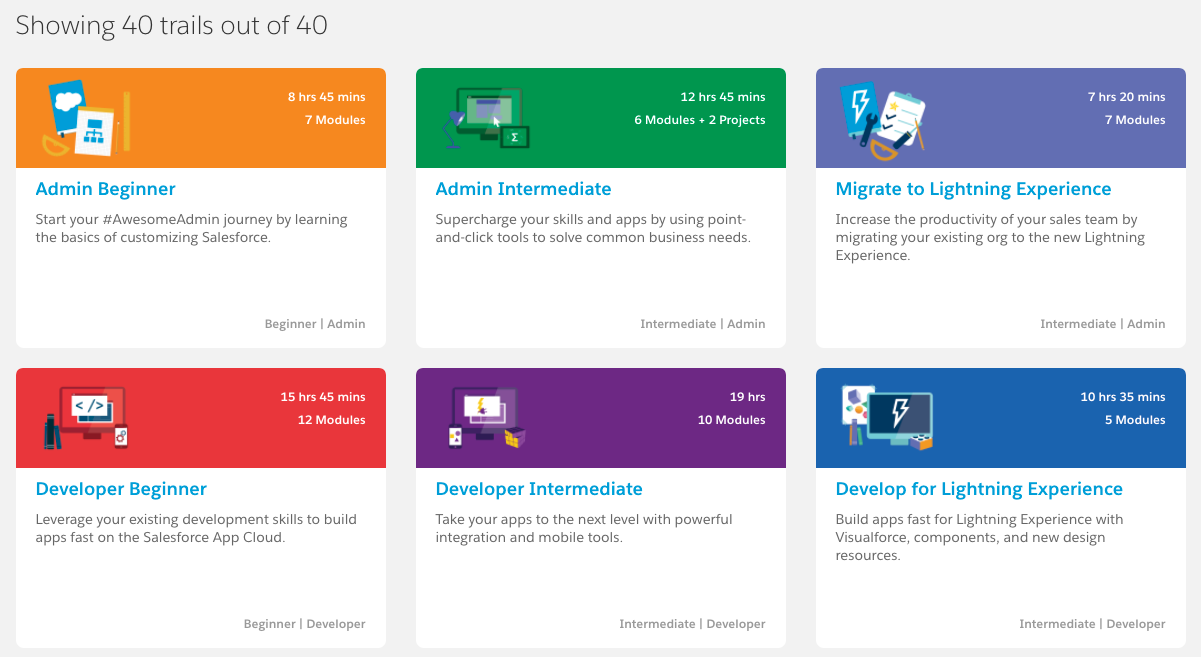
So by getting in touch with the most amazing and welcoming developers community there is, by learning how Salesforce lives the Ohana values every day and by learning more and more about the platform, I became a Salesforce Developer. And, in 2016, I got my Salesforce Platform Developer Certification.
[DEV] The more I use @trailhead, the more I realize how big and flexible @salesforce is as CRM platform. It's impressive! =O pic.twitter.com/g4bwbsCQUw
— TOAD (@toadgeek) January 9, 2017
I have a strong thirst for knowledge, therefore I’m aware there’s so much more to learn, more badges the earn and more problems to solve. This is just the beginning. And you’re more than welcome to join us.
Take a deeper dive into these values and don’t forget to check the Salesforce Developer Career eBook. You may leave with some ideas you can take to your company, or begin to implement yourself.
Spoiler alert: walking this path may change your life ?
